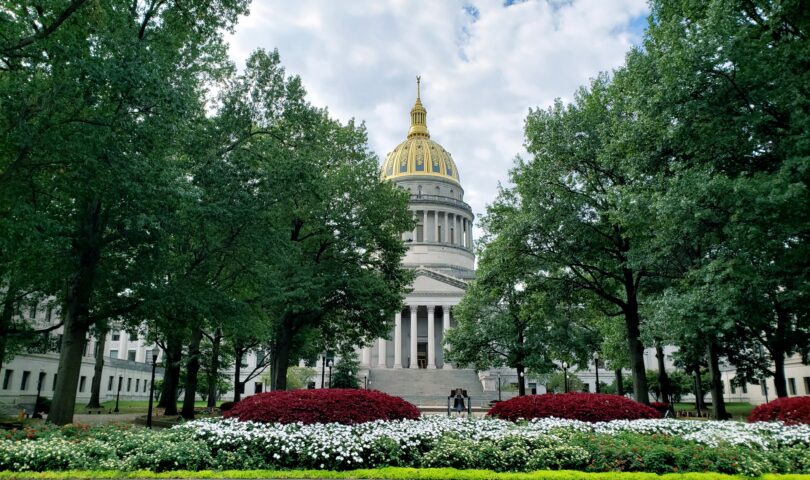MORGANTOWN – Several pieces of legislation have been introduced or are in the pipeline to lift the current restrictions on siting nuclear power plants in West Virginia.
With that in mind, several experts and legislators aired their views during a Tuesday evening Zoom seminar on the feasibility of bringing nuclear power to the state. The emphasis was on the idea of using advanced nuclear power to repurpose coal plants facing decommissioning over the coming years as the state and the world work toward decarbonization.
Jessica Lovering, founder of the Good Energy Collective, talked about some of the advantages of deploying small modular reactors in place of coal plants.
They produce zero greenhouse gas emissions, she said; can provide baseload power to balance the grid, unlike renewables; have a relatively small footprint and low materials requirements; and in the future could be used for industrial heat, desalination and hydrogen production. They can use existing transmission infrastructure.
Factory-built modulars can be assembled faster and cheaper than the current water-cooled plants built on site, she said.
Thinking of West Virginia, she talked about the idea of “just transition,” which is making sure fossil fuel workers have real opportunities for new energy jobs. Nuclear offers answer to some of the challenges of that transition: comparable skills, high pay, long-term local jobs with potential union representation and minimal retraining.
Jim Kotcon, conservator and political chair of the Sierra Club West Virginia Chapter, took an alternate view, saying advanced nuclear is not the solution.
The case hasn’t been demonstrated, he said, that advanced nuclear plants are cheaper, safer or better. He doesn’t believe they can be brought online fast enough to reduce climate change. “We have a real concern about reliability” because there’s been no long-range testing.
“Cost is the real Achilles heel,” he said, with no consensus yet on which designs might prevail.
Geothermal energy is cheaper. He believes any consideration of nuclear power must protect ratepayers and account for permanent repository for nuclear waste.
Delegate Evan Hansen, D-Monongalia, is a member of the Coal Communities Workgroup that traveled the state gathering input on how best to use federal coal transition funds. Nuclear belongs in the mix for discussion, he said.
He doesn’t stand behind a straight repeal bill – such as HB 2882 reintroduced this year as a carryover from 2021 – and is preparing an alternative for introduction. It lifts the construction ban so nuclear can be an option. It calls on the Public Service Commission to protect ratepayers when considering proposals to repurpose coal-fired plants, and allows utilities to refinance the capital balance on their coal plants.
Since the state wouldn’t see a nuclear plant for a decade if the ban is lifted, he said, we should move full speed ahead to build out renewables.
Delegate Kayla Young, D-Kanawha, said she signed on to last year’s bill, and HB 2882, to lift the ban because she’s for all-of-the-above options. “I’m interested in whatever gets us to decarbonize.”
House Government Organization chair Brandon Steele, R-Raleigh, is lead sponsor of HB 2882. He introduced it last year, he said, just to start the conversation. “We need to understand why we’re prohibiting an activity.” If the ban is repealed, he said, they would need to thoroughly research every one of Kotcons’s concerns.
“I am not married to the mineral, I am married to the miner,” he said, and he thinks the bill is needed in order to open the door for exploration as decarbonization become inevitable. “We have to adapt, improvise and overcome. … If we don’t lift the ban there’s nothing to talk about.”
The discussion was sponsored by the Alliance, West Virginia Rivers Coalition, the Citizens Climate Lobby, West Virginia Citizens Action Group, the West Virginia Environmental Council, the WVU Law Center for Energy and Sustainable Development, the Ohio River Valley Institute, the state Office of Energy, the West Virginia Manufacturers Association and the Charleston chapter of the NAACP.
Tweet David Beard @dbeardtdp Email dbeard@dominionpost.com




